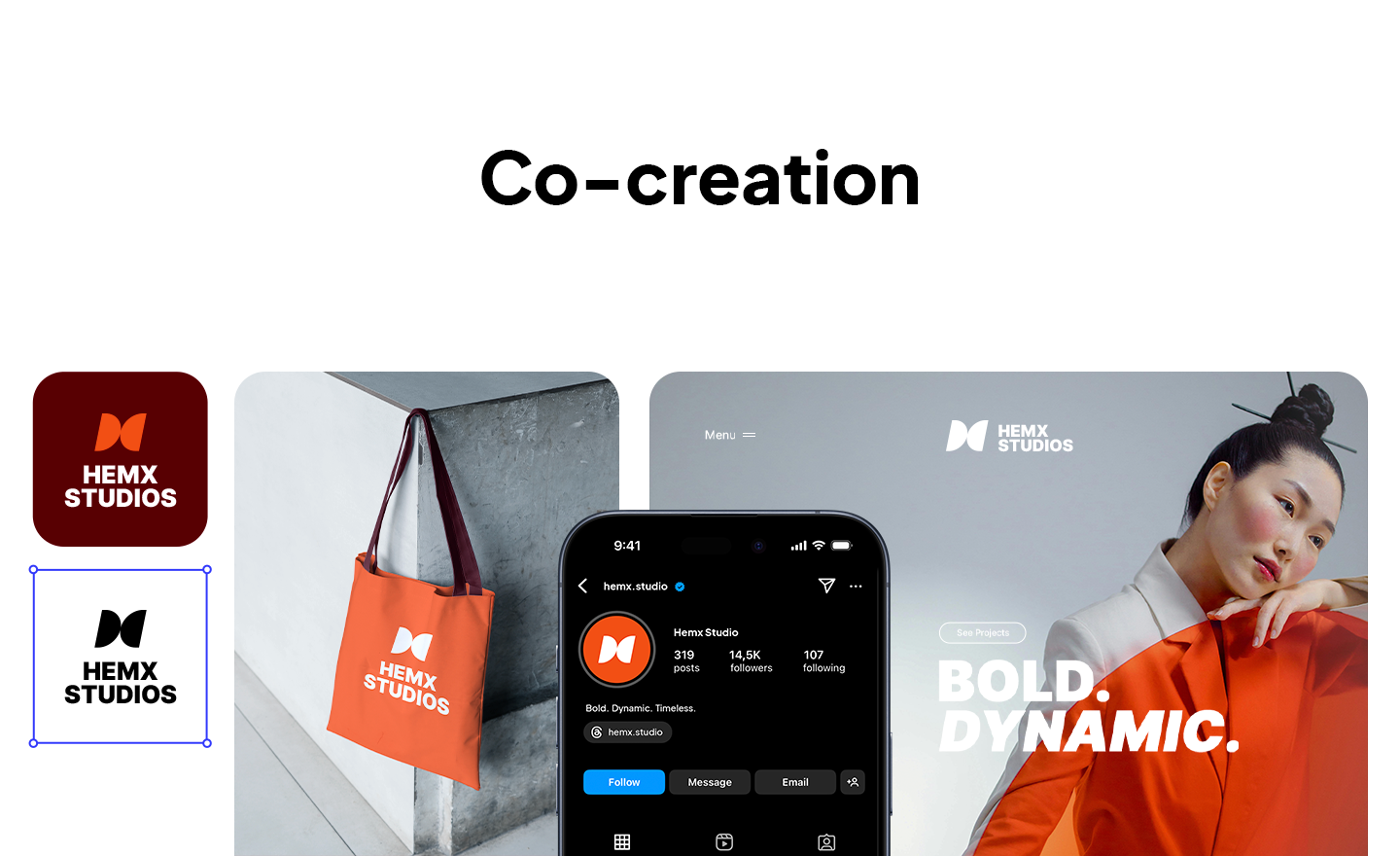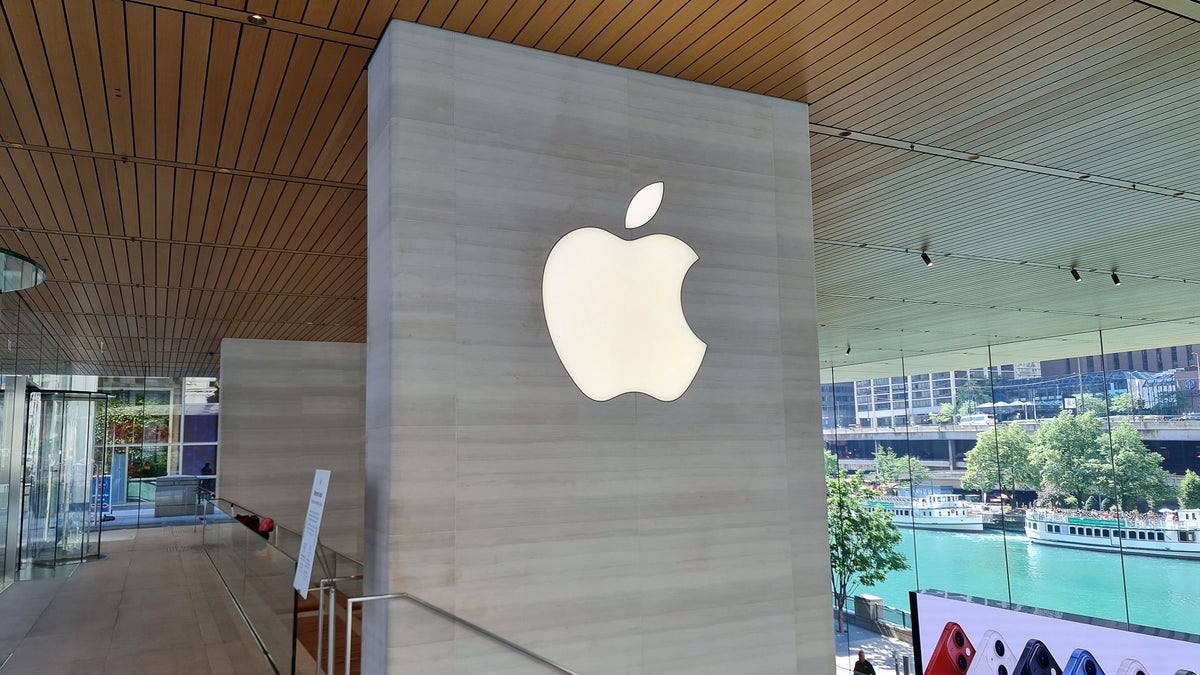Charter Communications, the second-biggest cable operator in the US, has signed a deal to buy the third-largest cable company, Cox Communications, a combination that would vault Charter and its Spectrum brand past Comcast’s Xfinity to become the country’s largest broadband service.
The two firms announced the merger plan on Friday morning, an arrangement that values privately held Cox at approximately $34.5 billion. Connecticut-based Charter reported 30 million residential and business broadband customers in its Q1 results; Atlanta-based Cox cites a total of 6.5 million residential and business customers.
Comcast, headquartered in Philadelphia, reported 31.6 million residential and business broadband customers in April.
The merger announcement says Charter and Cox will swap corporate and consumer brands should the transaction win regulatory approval, which seems likely given how the Trump administration does not exactly share the Biden administration’s concern over corporate power.
The combined company will rename itself to Cox Communications but keep Spectrum as its consumer-facing identity, much as Comcast leans on its Xfinity moniker.
That press release further says Cox customers will be able to upgrade to Spectrum’s Wi-Fi, mobile service, and streaming apps and get its “transparent and customer-focused pricing and packaging structure.” Or they can stay with their old Cox plans.
Questions About Data Caps and Equipment Prices
The announcement doesn’t say if that means the demise of Cox’s 1.2TB data cap, a relatively low threshold that Cox hasn’t raised since June 2020 that contrasts with the Spectrum’s unlimited data. Government regulators had originally required that as a condition of approving Charter’s 2016 purchase of Time Warner Cable and Bright House Networks, but Charter declined to reimpose a data cap after that condition expired in 2023.
Get Our Best Stories!
Your Daily Dose of Our Top Tech News
By clicking Sign Me Up, you confirm you are 16+ and agree to our Terms of Use and Privacy Policy.
Thanks for signing up!
Your subscription has been confirmed. Keep an eye on your inbox!
Spectrum did not respond to an email sent Friday morning asking for clarification about the future of Cox’s data cap.
The broadband labels posted for each company also hint at another difference in ongoing costs. Spectrum service comes with a free cable modem and the option of paying $10 a month for Wi-Fi on some plans, which strikes us as a dubious deal compared to buying your own wireless router. Cox, meanwhile, charges $15 to rent a combined modem and router that it markets as “Panoramic WiFi,” which you can avoid by buying your own modem.
A ‘Mobile-First’ Victory?
Both firms have lost broadband subscribers to competition from fixed wireless and fiber broadband. Like the entire cable industry, they’ve also seen their traditional TV business mauled by cord cutting; Charter has responded by selling a streaming bundle with Spectrum broadband.
Recommended by Our Editors
Both companies also now have growing wireless businesses, based on resold Verizon capacity combined with their own public Wi-Fi networks. Analyst Craig Moffett, a principal at the MoffettNathanson research firm, credited Spectrum’s success at bundling broadband and wireless in a research note published Friday.
“That Cox was at last willing to accept a merger proposal after saying ‘no’ so many times is a testament to the recent success, or perhaps rather to the promise, of Charter’s still relatively new bundling and packaging strategy,” Moffett wrote. “Charter’s mobile-first convergence strategy looks like it is working, and that strategy can be easily ported to Cox. So can Charter’s streaming-included video strategy.”
PCMag readers generally smile on Spectrum Mobile, giving it an 8.0 score out of 10 in this year’s Readers’ Choice rankings for wireless carriers; enough to rank it ahead of Verizon’s own service. They were a lot less fond of both Spectrum and Cox in last year’s Readers’ Choice assessments of broadband providers, the latest available; Spectrum placed below Xfinity with a 6.9, and Cox did slightly worse at 6.7.
On a related note, the FCC today approved Verizon’s $20 billion acquisition of fiber-optic internet and communications provider Frontier. Chair Brendan Carr says the “transaction will unleash billions of dollars in new infrastructure builds in communities across the country—including rural America [and] accelerate the transition away from old, copper line networks to modern, high-speed ones.”
About Rob Pegoraro
Contributor












